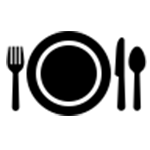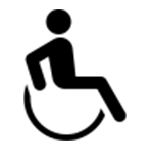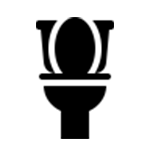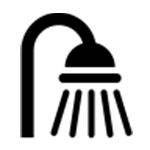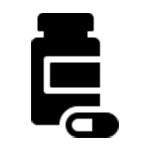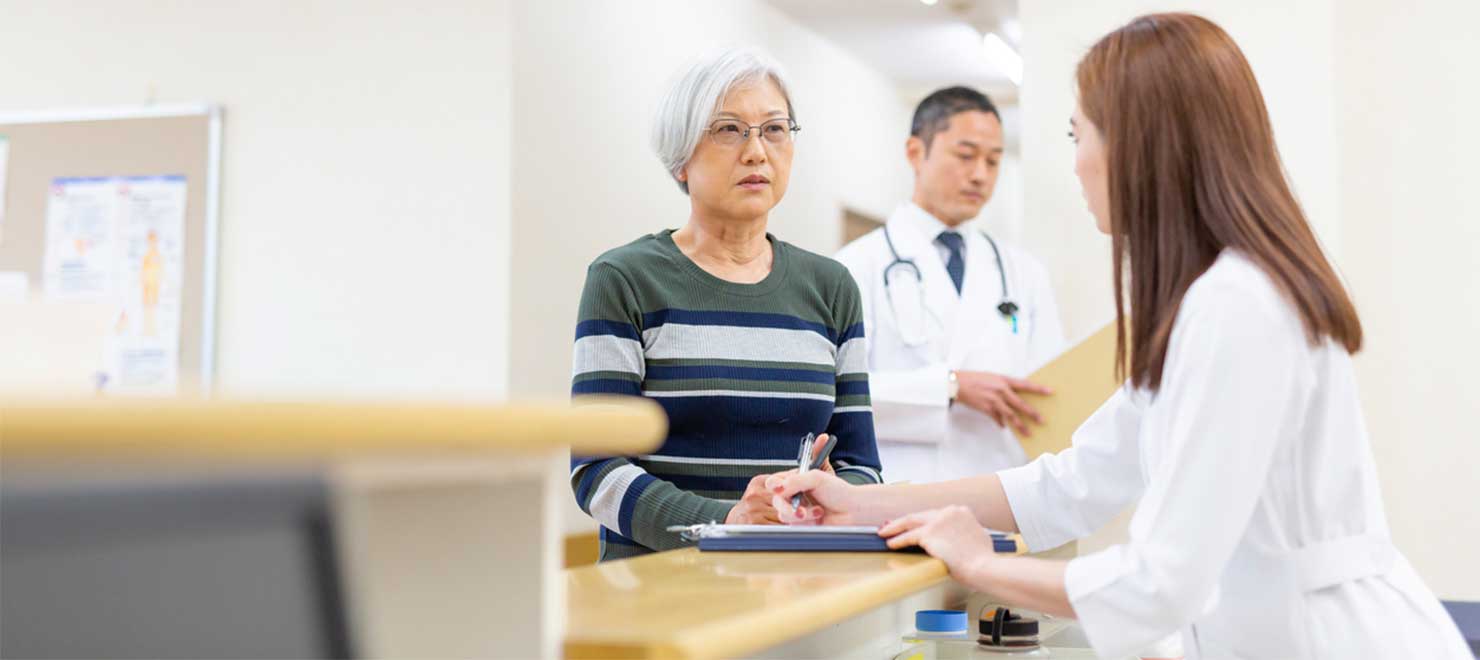
Your loved one will be discharged soon. To ensure a smooth hospital discharge, you will need to know the steps like understanding your loved one’s medical needs, scheduling follow-ups, and preparing your home for recovery.
What should I do before the discharge?
| Things to take note of | Checklist to take note before discharge |
| Care arrangement |
If caring for your loved one at home is challenging, inform healthcare professionals so they can help advise on alternative care options. |
| Medications |
If you’re unsure about giving medication safely, speak to the hospital pharmacist for guidance. Community services such as Home Nursing may also help with medication management. |
| Follow-up appointments |
|
| In case of emergency |
If you are unsure, please call 995 for an ambulance. Emergencies can cause panic, especially if you’re unprepared. Being ready helps you to stay in control and focus on the necessary actions. |
| Resources for you and your loved one |
Before you bring your loved one home, have a chat with the discharge nurse to get helpful resources and ask about delivery options that can make things more convenient. You can also explore AIC’s training catalogue to pick up caregiving skills and feel more confident in your role. If you need extra help, use the Care Services Recommender to find community services that can support you along your caregiving journey. |
How do I manage care at home?
| Things to take note of | Checklist |
|
Cooking & Feeding
|
|
|
Moving & Transferring
|
|
|
Transportation
|
|
|
Toileting
|
|
|
Showering & Personal Grooming
|
|
|
Managing Medication
|
|
|
Shopping
|
|
|
Finances
|
|
Where can I get more support?
- Guides & Resources for practical tools and information for your caregiving journey
- Care services and financial support suitable for yourself and your loved one
- Financial support to help with your caregiving expenses
- Learn to care better through workshops tailored to your needs
